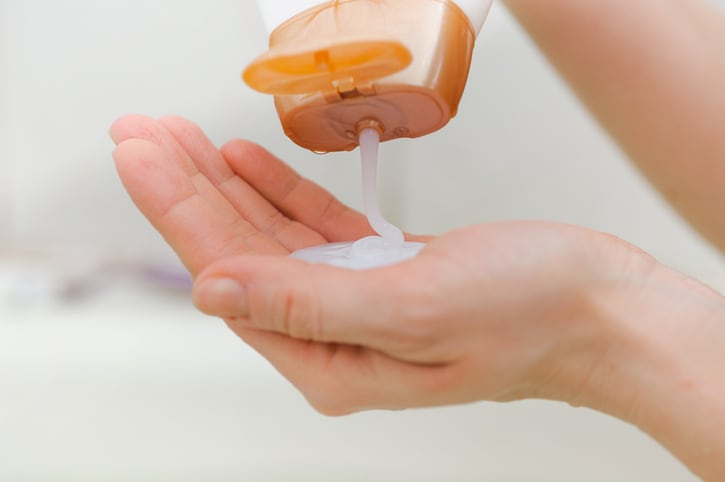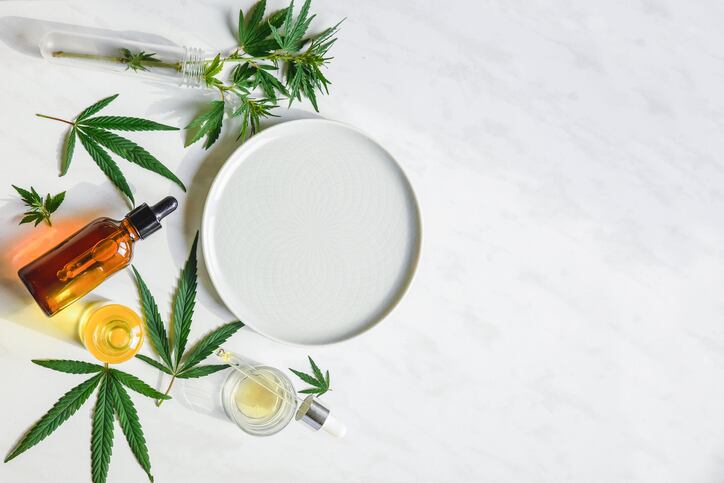1 – Blacklist pledge: Malaysia vows to take action over dangerous and adulterated cosmetics
Malaysia’s health ministry is in the process of finding ways to punish companies selling recycled and dangerous cosmetics from next year.
The move comes shortly after the publication of an exposé Malay-language newspaper Berita Harian, which revealed a number of manufacturers would only slightly tweak their formulations after some of their products were found to contain banned substances.
Health minister Dzulkefly Ahmad said the ministry has been looking at amending the Sales of Drugs Act 1952 to impose stricter penalties on companies whose cosmetics contain chemicals like mercury and other compounds.
“We will blacklist products and brands so that they will not be sold online and offline,” Dzulkefly told reporters.
“We are also considering implementing good manufacturing practices in the near future,” he added.
The Berita Harian investigation discovered that some companies had rebranded their products with only a cursory change in their ingredients after authorities discovered unsafe formulations.
2 – Polish problem: Why rules prevent halal nail polish in Malaysia
Malaysian halal nail polish brands must go overseas for certification, and even if they receive accreditation, they cannot carry the badge of their home market regulator.
While JAKIM, Malaysia’s heavyweight halal certification authority, offers the halal stamp for other beauty categories like makeup and skincare, it does not do so for nail polish specifically.
Other certifiers, such as Australia’s Halal Certification Authority, do offer this service—though their logo carries little weight in Malaysia, where Jakim is seen as the benchmark.
According to JAKIM, halal certification will not be given to any “product, food or premises which gives a negative implication towards religion”. In this way, nail polish is categorised alongside karaoke centres, drugs and cigarettes as undesirable.
The issue in the case of nail polish lies in the inability to cleanse oneself fully prior to praying, according to Mahellah Omar, an authority on halal certification.
3 – Paediatric patch test call as fragrances cause most skin allergies in Aussie kids
The most common substances causing allergic skin reactions among Australian children are fragrance mixes, according to a new Australian study.
The researchers looked at how common skin allergies are in the country and found that around four in ten kids tested for suspected dermatitis at skin clinics turned out to have some form of skin allergy.
The most common substances they were allergic to were fragrance mixes, followed by other cosmetic and soap ingredients—including some found in “slime”, an emerging childhood hobby.
Allergies to nickel sulphate, found in items such as jewellery, toys and zippers, were also common and occurred more often in girls than boys. The researchers suggest the data should be used to create the first Australian paediatric baseline series—a list of 50 common allergens to guide future testing.
A team from the Skin Health Institute in Melbourne conducted a retrospective analysis of patch test data from 1993 to 2017 from two tertiary referral patch-testing centres in the city covering 511 children.
4 – Indonesia halal rules: Cosmetics have until 2026 to comply with new law
Consumer halal products such as skin care and cosmetics that are imported, distributed and traded in Indonesia must now be ratified according to the country’s halal product law, which officially kicked in last month.
All international halal cosmetic products that have not been certified in Indonesia, or by an accredited overseas agency, will be viewed as non-halal.
Issued under Regulation 31/2019, the compulsory halal labelling law will be carried out gradually over five years and initially applied to food and beverage products, which must comply by October 17, 2024.
Cosmetics will have until October 17, 2026 to comply. According to Professor Sukoso, head of the Halal Product Assurance Organizing Agency at the Ministry of Religious Affairs of Indonesia who told CosmeticsDesign-Asia: "New applications for non-food and beverage products such as cosmetics will start from 2021 to fulfil halal standards".
All certifications must go to the newly established BPJPH, Badan Penanggulangan Jaminan Produk Halal (Halal Product Assurance Organizing Agency), which was set up as a new agency under the Ministry of Religious Affairs to substitute the previous certification body, Indonesian Ulema Council Assessment Institute for Foods, Drugs and Cosmetics (LPPOM MUI).
5 – China’s NMPA orders additional tests on cosmetic products containing sunscreen agent
The National Medical Products Administration (NMPA) in China has released new regulations on additional testing requirements for beauty products that contain sunscreen agents.
NMPA issued the announcement on new specifications for the implementation of cosmetics registration and filing inspection (No. 72, 2019) in order to ensure the process is “open, fair, just and scientific.”
The new rules require non-sunscreen products containing chemical sunscreen agents to be tested for the compounds.
April Guo, general manager, personal care division at Hangzhou-based consulting firm Chemical Inspection and Regulation Service (CIRS), said these products include normal skin care cream, make-up products, and perfume.
For non-special cosmetics with the content of chemical sunscreen agent ≥0.5% (w/w) (except rinse-off, perfume and nail polish products), in addition to the mandatory test above, skin phototoxicity test and skin sensitisation test should be conducted.
Guo said non-special use cosmetics in China include skin care, make-up, perfume, nail care and hair care.





